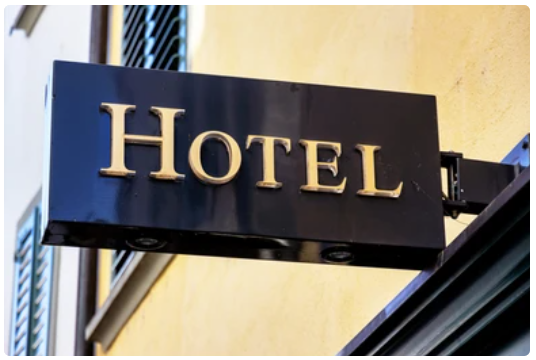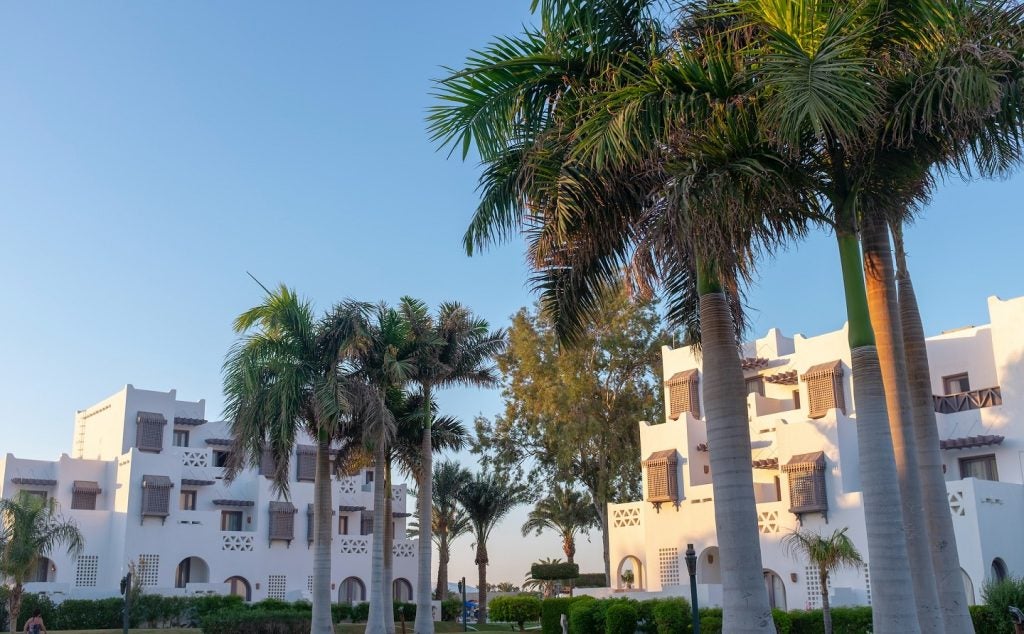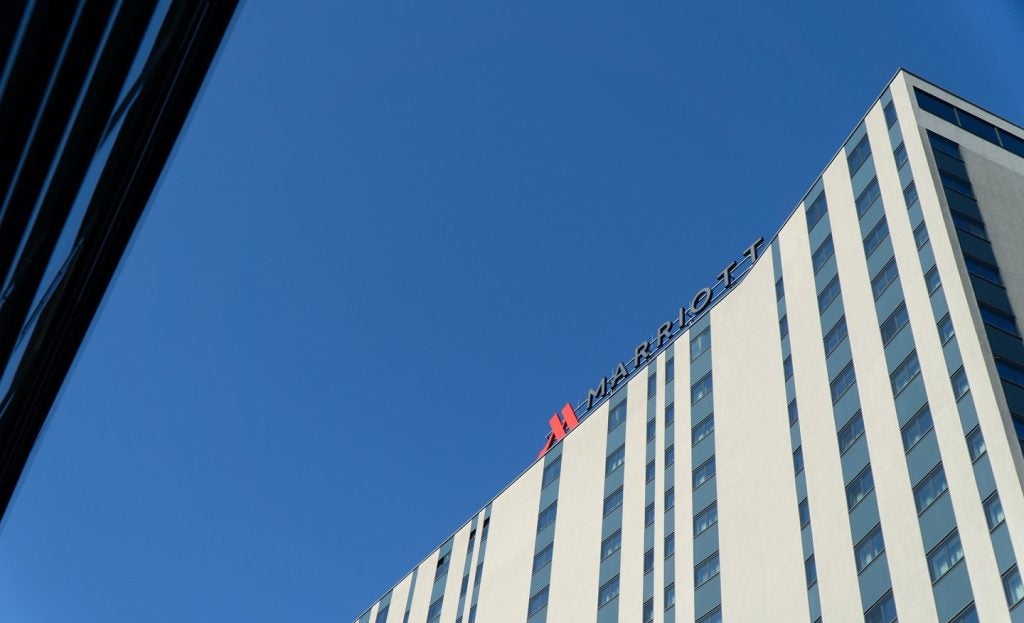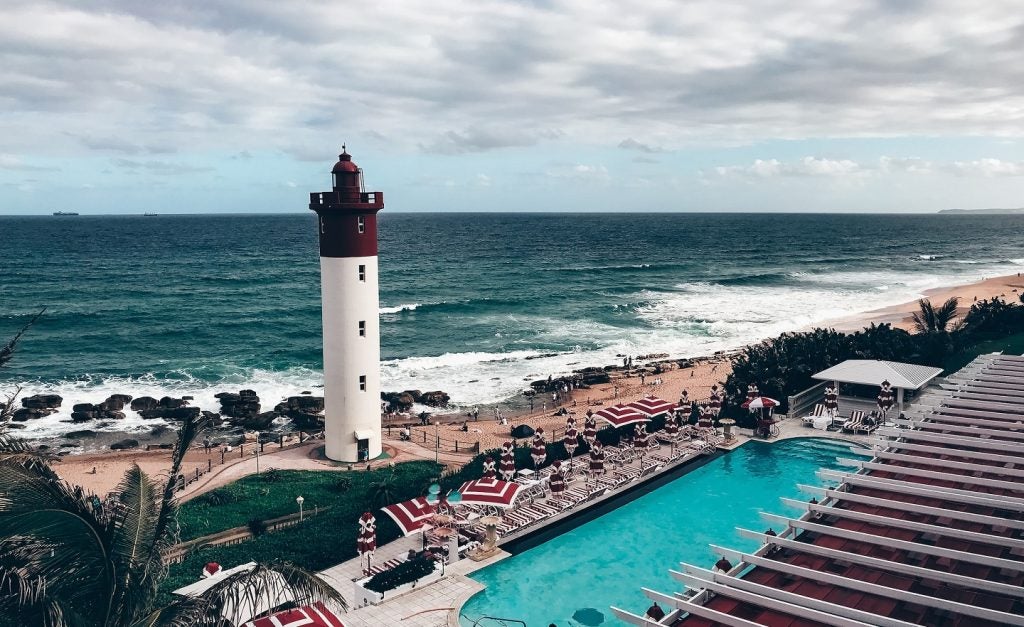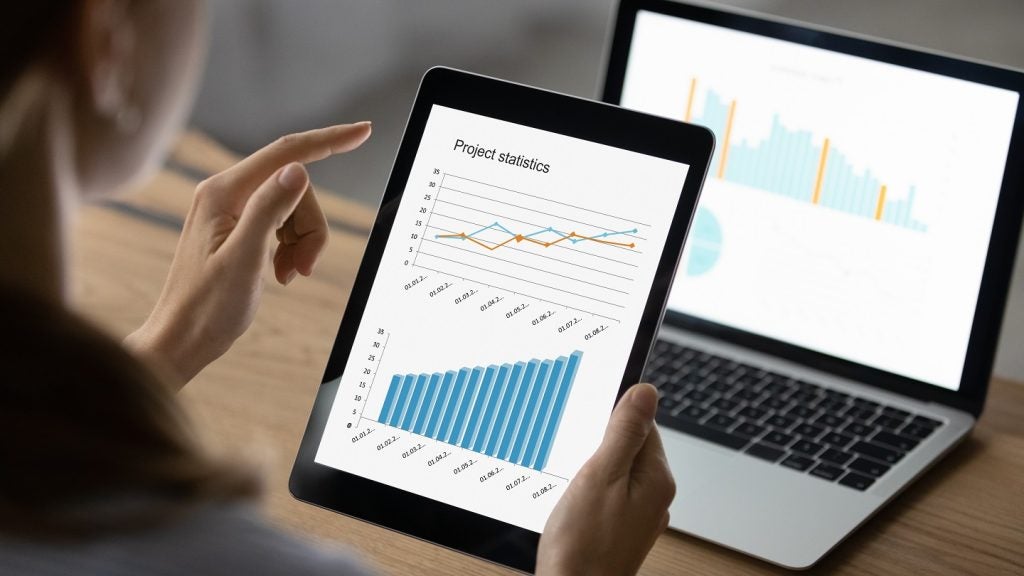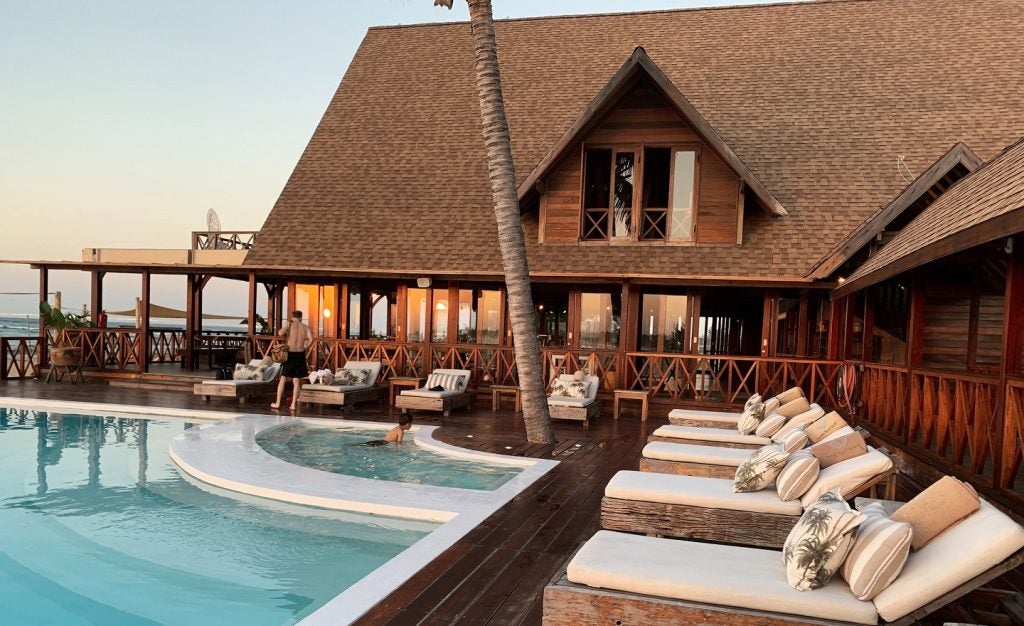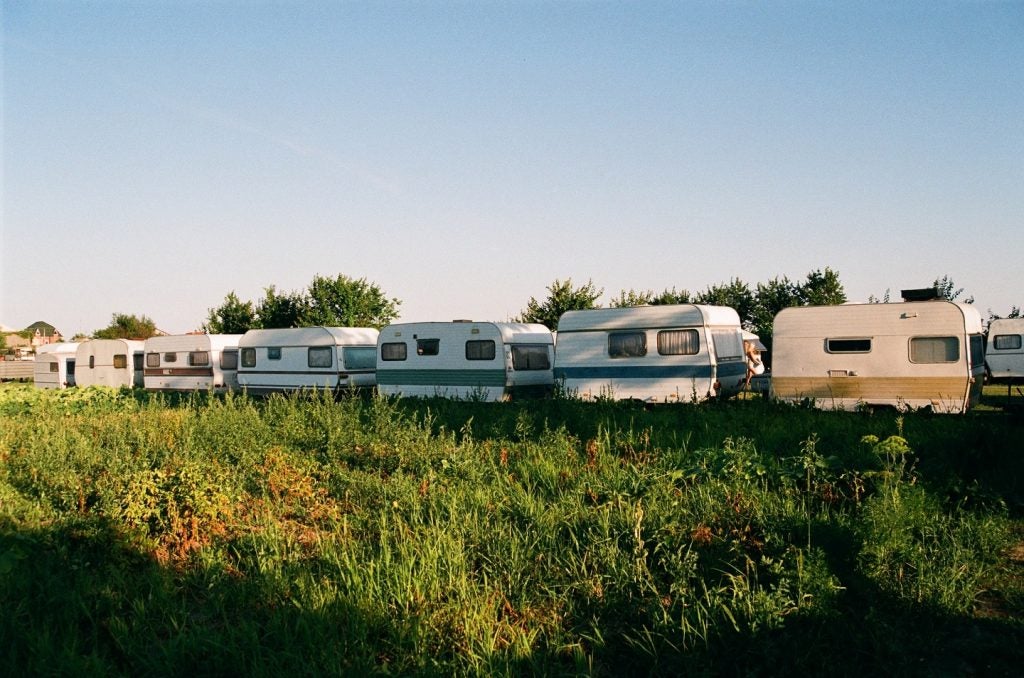Americans who splurged on the vacations and recreational activities they missed during the pandemic lockdowns might now be dialling back their expenditure.
The resulting cooling-off period could potentially contribute to slowing down inflation, a phenomenon that economists and corporate executives have been closely monitoring.
"Revenge spending" ignited inflation
Following the lifting of coronavirus restrictions, the nation experienced a surge in "revenge spending" — a term coined by economists and business leaders to describe the sharp increase in recreational and vacation-related expenditure.
As demand soared, prices for airfares, hotels and other coveted services also climbed.
Cooling in key price categories
However, there are indications that several price categories are now showing signs of cooling down. Recent data has revealed that hotel prices have been rising at a slower pace compared to 2022.
Airfares experienced a decline in May 2022, according to a report released on Tuesday. If this trend persists throughout the summer, it could contribute to a broader slowdown in services inflation, which has been a focus of the Federal Reserve.
Slower recovery for hotels and air travel
Industry experts predict that the impact of revenge spending on inflation will likely be tempered in the second half of 2023. Omair Sharif, the founder of Inflation Insights, anticipates that airfares and hotel costs will have a dampening effect on inflation in June and July.
Unlike in 2022, hotels and domestic air travel are not expected to experience a strong summer surge.
Caution amid rising costs and rate hike concerns
Not only are consumers returning to more regular spending patterns, but they are also becoming increasingly cautious due to soaring costs following several years of rapid inflation.
Concerns also loom over the potential impact of the Federal Reserve's interest rate increases, which could push the US economy into a recession.
This evolving landscape of consumer behaviour and market dynamics offers hope that the recent trend of revenge spending cooling off could contribute to a slowdown in inflation.
As Americans recalibrate their spending habits and navigate economic uncertainties, the future trajectory of inflation remains a critical aspect to monitor.


